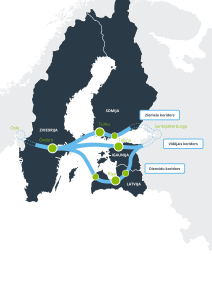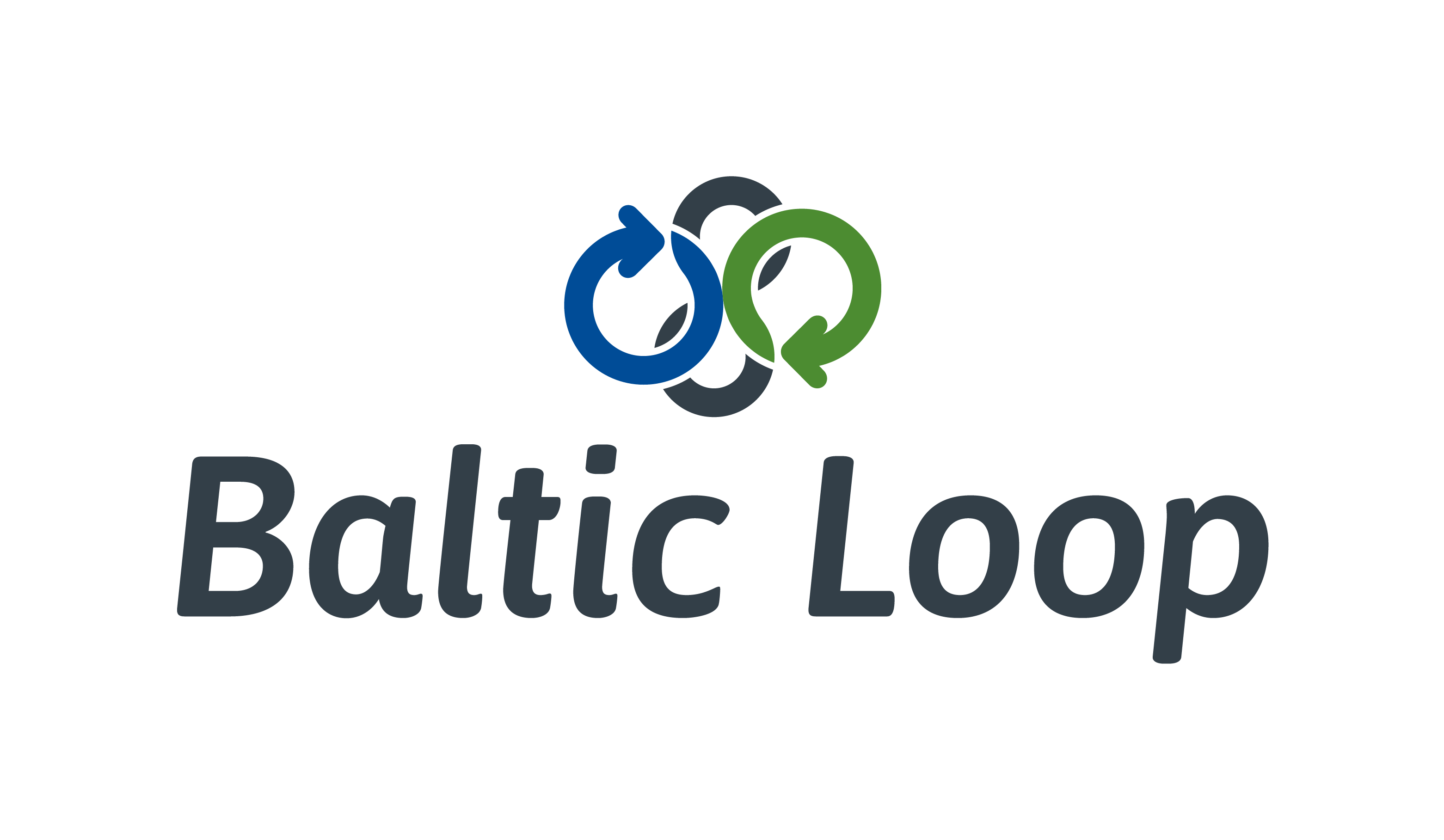Baltic Loop

The Baltic Sea region is by nature dependent on well-developed transportation solutions for both goods and people due distances, geographical obstacles and peripheral locations in the Northeast of Europe. Advanced transportation network and system is increasingly the key for securing the prosperity, growth and development of the region.
Because of the climate change, there is a need for sustainable and greener emission reducing transport alternatives.
Global competition also requires faster transport times throughout the Central Baltic (CB) area.
At this moment the East-West corridors have not evolved to its full potential compared to North –South connections.
The focus of Baltic Loop Project is to improve travelling time of goods and people between three Project defined corridors (Northern, Middle and Southern) of Central Baltic area. Project covers three separate corridors: northern from Orebro – Turku – St.Petersburg, middle from Orebro – Tallin – St.Petersburg and southern from Orebro – Riga – St.Petersburg.
The main goal of the Project is to minimize travelling and cargo time and decrease emissions in the corridors to make the corridors more attractive to new businesses and innovations. The Baltic Loop Project focuses on developing solutions to transportation bottlenecks along the Est-West corridors to smoothen the transportation flows.
This specific Project objective is to identify and target the challenges related to integration of different transport nodes so as to reduce time in transportation both – passengers and cargo, and at the same time to reduce CO2 emissions.
New more efficient ways to discharge and reload cargo, new ITC solutions and future infrastructure investments implemented and made in different parts of the corridors will have the greatest effects of macro-regional perspective.
Development of municipalities in Vidzeme Planning Region is in many ways depending on transport infrastructure and smart, innovative, and sustainable use of it. That’s a big challenge for local municipalities and region as a whole.
The Vidzeme Planning Region, within the framework of the Project, will study the flow of tourists in the southern corridor and along it, to find possible solutions to improve the flow of tourism passengers and local passengers in cooperation with Project partners and responsible authorities for transport planning.
Vidzeme Planning Region is also the responsible partner for Project Communication work package




